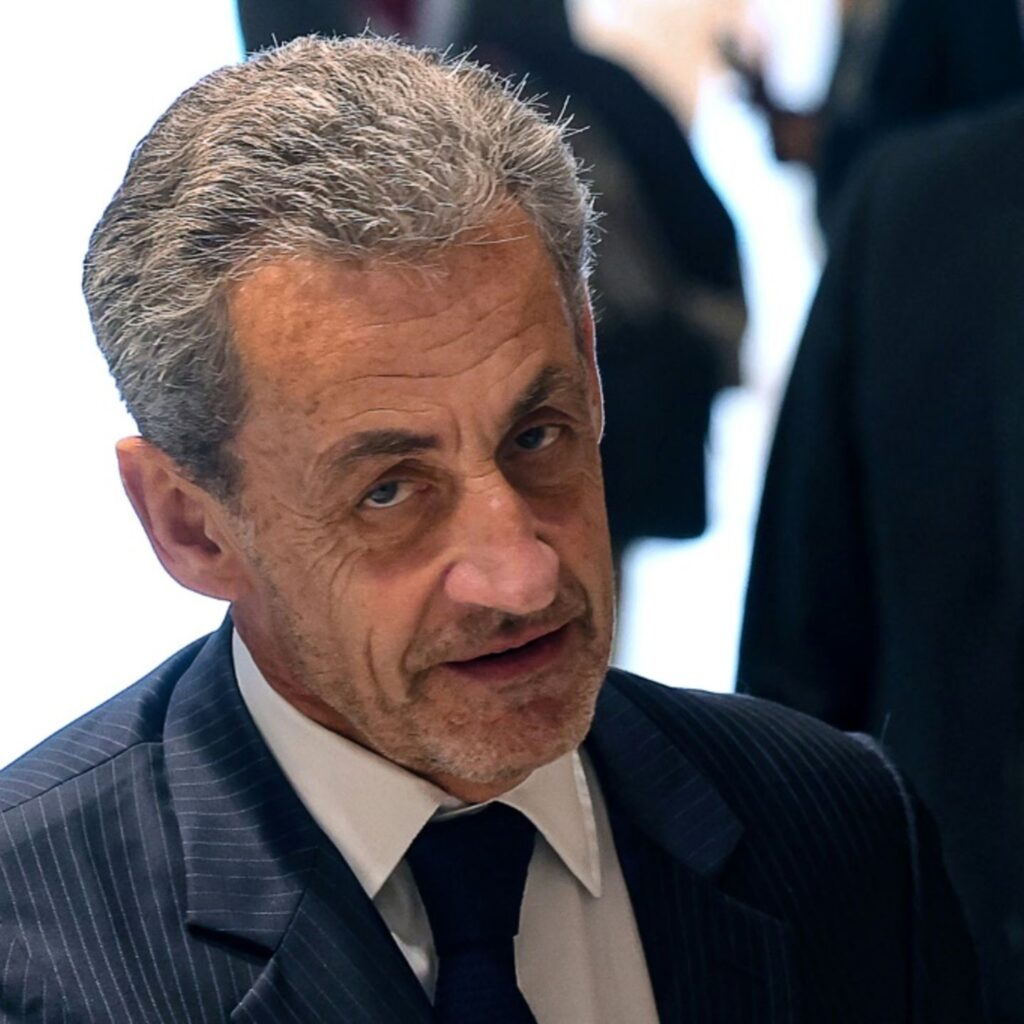
Introduction
Nicolas Sarkozy, the former President of France, is a prominent figure in the world of politics who served from 2007 to 2012. Understanding his journey is essential, not only for French political history but also for European politics as a whole. Sarkozy’s policies and leadership style have greatly influenced ongoing discussions about governance, immigration, and economics in France.
Early Life and Political Rise
Sarkozy was born on January 28, 1955, in Paris to a Hungarian father and a French mother. His political career began in 1983 when he was elected mayor of the suburb of Neuilly-sur-Seine, where he gained a reputation for his ability to connect with voters. Over the years, he held various positions, including Minister of the Budget, Minister of the Interior, and Minister of Finance, which laid a strong foundation for his presidential bid.
Presidency and Key Policies
As President, Sarkozy focused on several key issues, including economic reform, national identity, and foreign policy. His government took decisive steps to address the 2008 financial crisis, pushing for labor market reforms and promoting a pro-business climate. Additionally, Sarkozy’s controversial stance on immigration, encapsulated in his famous phrase “the French identity,” sparked extensive debates on nationalism and integration in France.
Recent Developments
Following his presidency, Sarkozy faced legal challenges. In September 2021, he was convicted of corruption and influence peddling, making him the first former French president to receive a prison sentence. This conviction is viewed as a pivotal moment in the political landscape in France, raising questions about accountability and ethics in political office. As of 2023, Sarkozy continues to resonate with various factions within the French political spectrum, despite his legal troubles.
Conclusion
Nicolas Sarkozy’s political journey reflects the complex dynamics of both French and European politics. His leadership, policies, and subsequent legal challenges serve as a case study for future political leaders. With the historical significance of his actions and the implications they have on current political discourse, Sarkozy’s impact on France will be felt for generations to come. As he navigates through the aftermath of his conviction, observers will be keen to see if he can reclaim any influence in the evolving political landscape of France.



